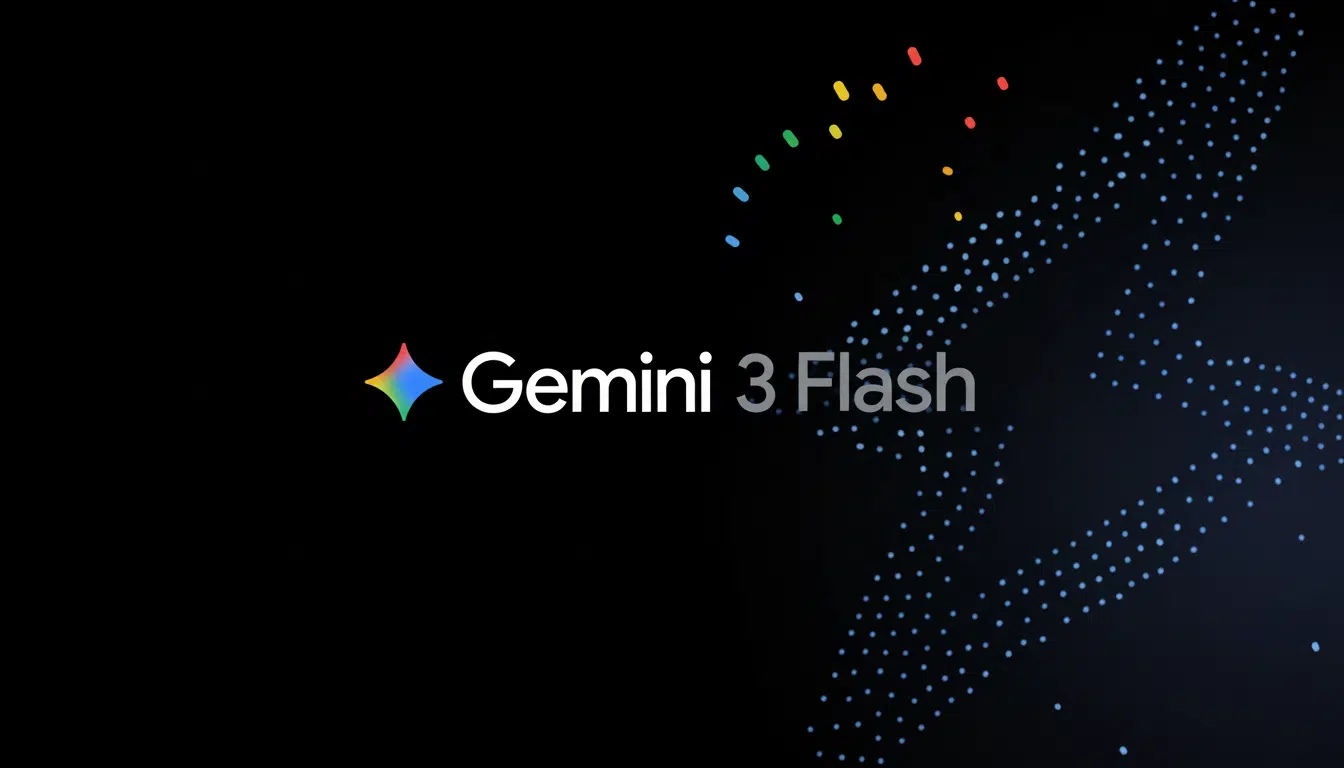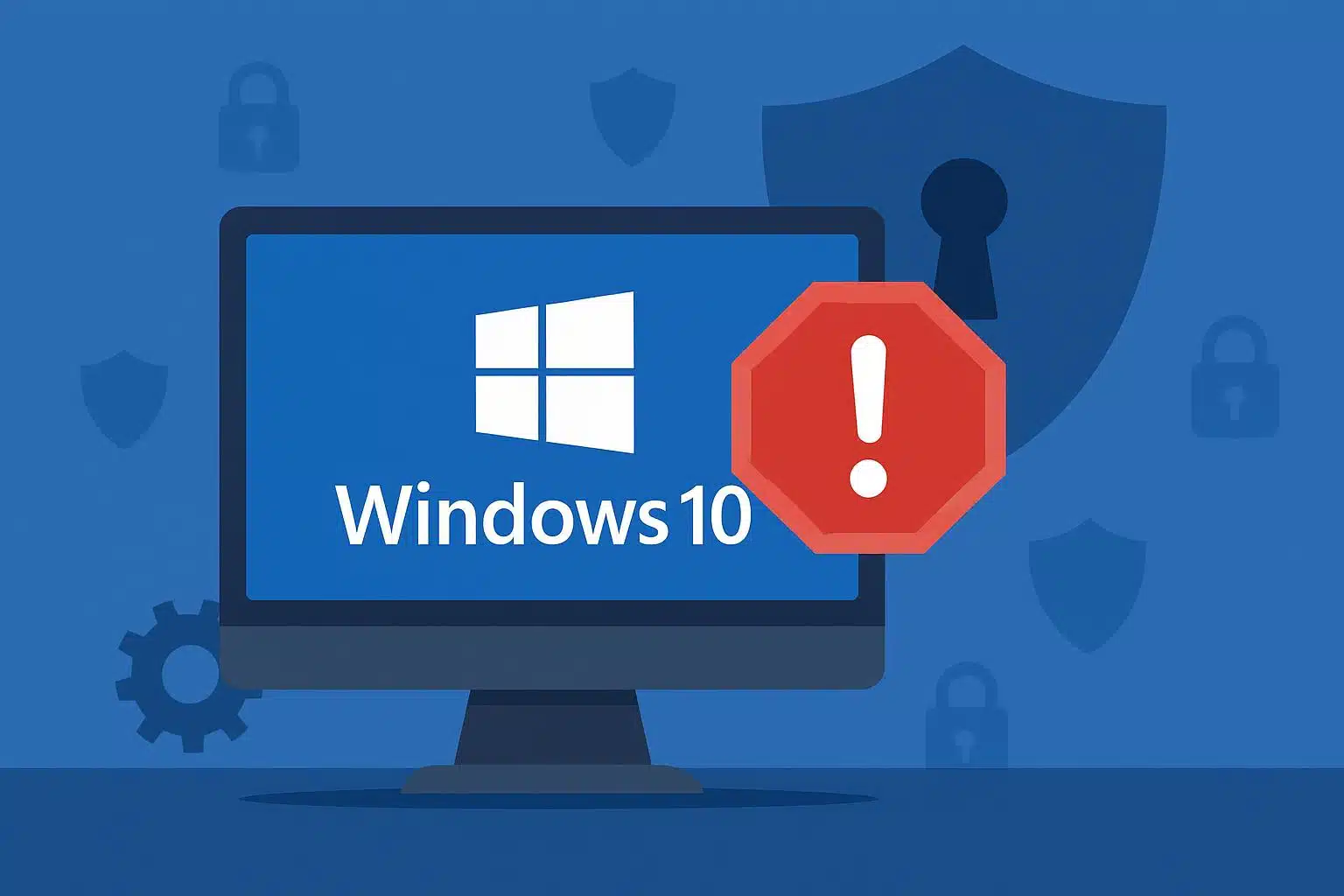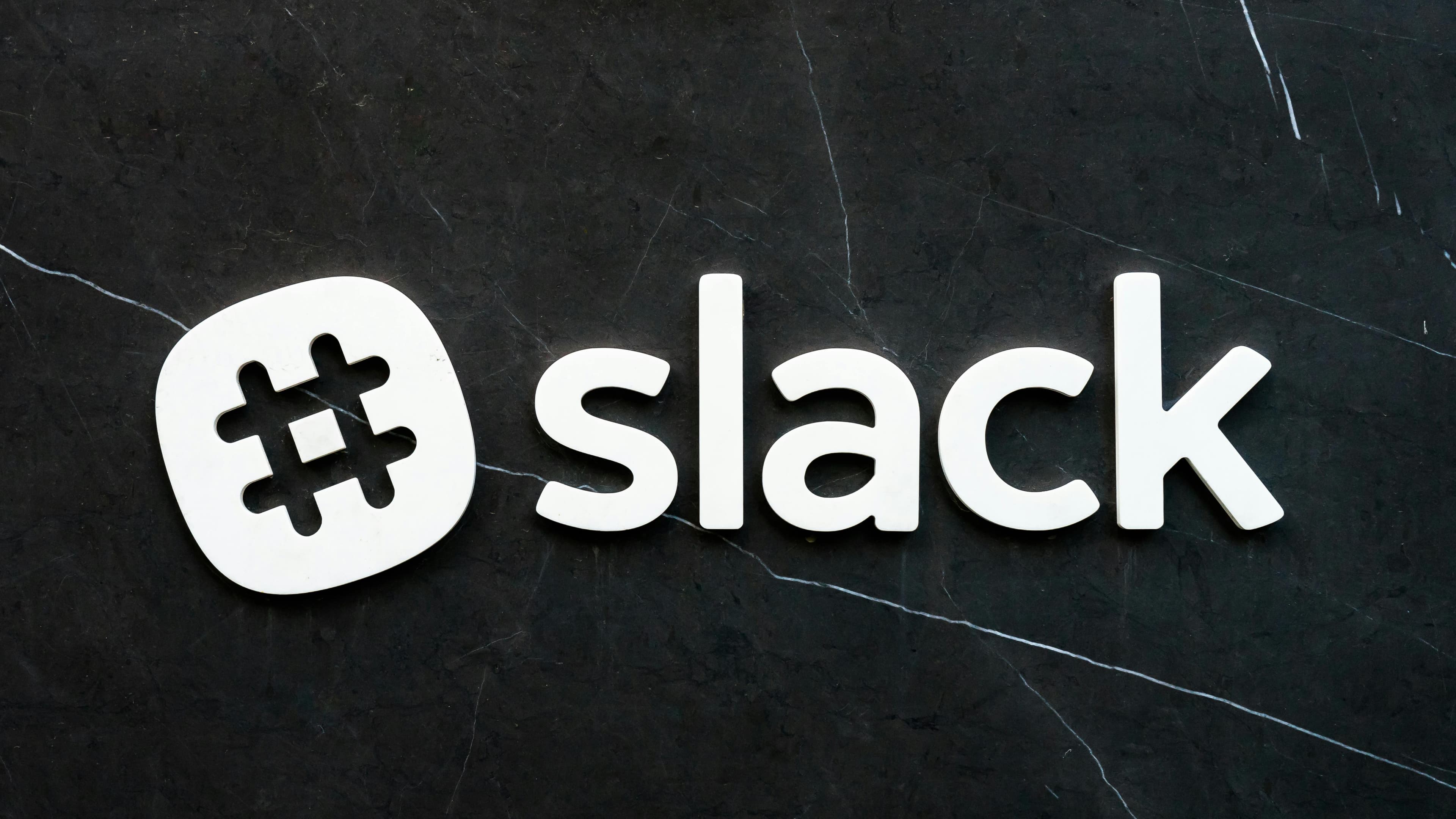Blockchain is often synonymous with cryptocurrency, but its true potential goes far beyond Bitcoin or Ethereum. As the technology evolves, it’s beginning to redefine how industries like retail, agriculture, and manufacturing handle supply chain management. Imagine a world where every step of a product's journey—from raw materials to the final product in your hands—is tracked with complete transparency, accuracy, and security. That’s the promise of blockchain.
Why Blockchain in Supply Chains?
Supply chains are notoriously complex, involving multiple stakeholders, countless transactions, and significant room for human error. From the moment raw materials are sourced to when the finished product reaches the consumer, things can go wrong: products can be delayed, mismanaged, or even counterfeited. Traditional systems simply can’t offer the level of detail and trust needed in today’s globalized economy.
Blockchain changes that by creating an immutable digital ledger that records every transaction across the supply chain. Each step—from manufacturing to shipping to delivery—becomes a verifiable, tamper-proof record. No more disputes over missing products, no more fake goods entering the system, and far less paperwork. It’s a game-changer.
Applications Already in Action
Some of the biggest names in retail and food production are already leveraging blockchain to improve their operations. Walmart, for instance, uses blockchain to track the journey of food products from farm to shelf, drastically cutting the time it takes to trace the source of foodborne illnesses. Similarly, diamond company De Beers is employing blockchain to ensure that its gems are ethically sourced, reducing the likelihood of "conflict diamonds" entering the market.
Other sectors, such as pharmaceuticals, have embraced blockchain to prevent counterfeit drugs from circulating. By using blockchain to verify each stage of drug production and distribution, the industry can save lives by ensuring that only authentic medications reach patients.
A New Era of Trust
Blockchain provides more than just logistical benefits. It brings a newfound sense of trust and accountability to supply chains. In a world where consumers increasingly demand transparency, whether it's about where their food is grown or how ethical a company’s practices are, blockchain can provide that assurance. It’s not just companies that stand to benefit, but consumers as well, who can make more informed choices.
Challenges Ahead
Of course, like any technology, blockchain is not without its challenges. The cost of implementing it on a large scale can be prohibitive for smaller businesses. There’s also the issue of interoperability—getting different blockchain systems to communicate with each other smoothly. However, as more companies adopt the technology and as blockchain standards evolve, these hurdles will likely diminish.
The Future of Blockchain in Supply Chains
The future looks bright for blockchain in supply chains. As artificial intelligence and Internet of Things (IoT) devices become more intertwined with blockchain, we may soon see fully automated, self-managing supply chains that operate with incredible efficiency. Imagine sensors tracking temperature-sensitive products like vaccines, all automatically recorded on the blockchain to ensure quality and safety.
Blockchain has the potential to disrupt not just the supply chain industry but the very way we think about trust and transparency in global commerce. It’s more than a trend—it’s a fundamental shift that could reshape industries across the board.







